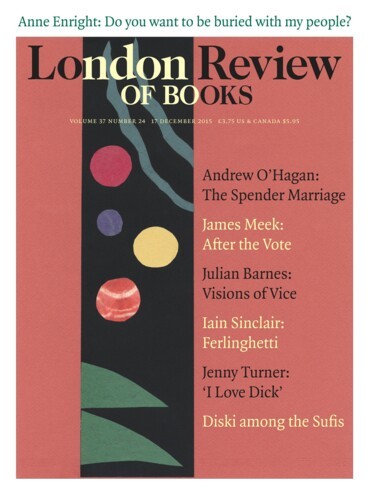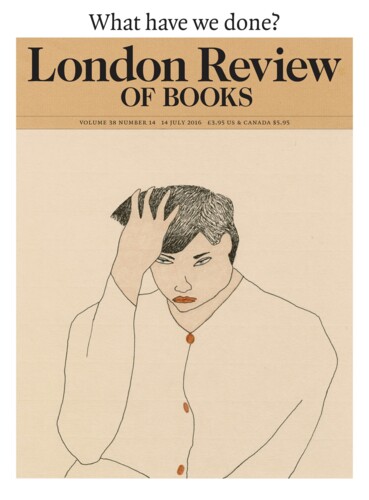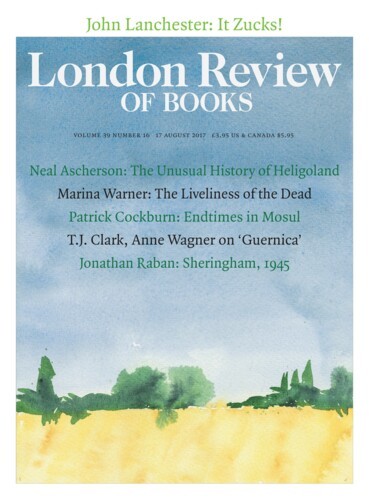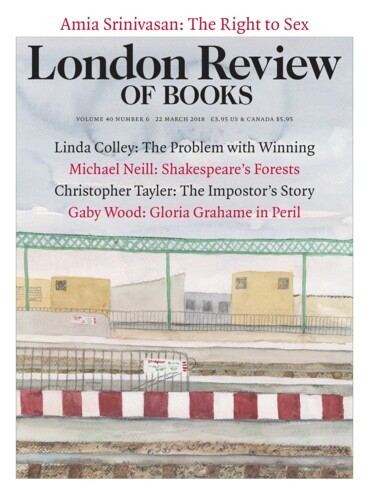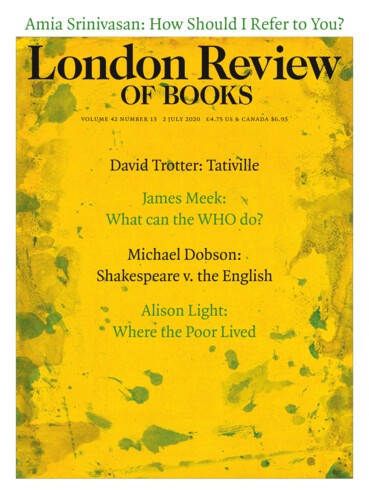Glimpsed in the Glare: Shakespeare in 1606
Michael Neill, 17 December 2015
Perhaps the first ever ‘lifestyle magazine’, Country Life was founded in 1897 to cater for the leisured interests of the upper class, and was devoted to articles on golf and racing, leavened with discreet advertisements for manorial estates. Now a subsidiary of Time Inc., it has become a lavishly ornamented real estate window for the 1 per cent, and for those who dream of...
